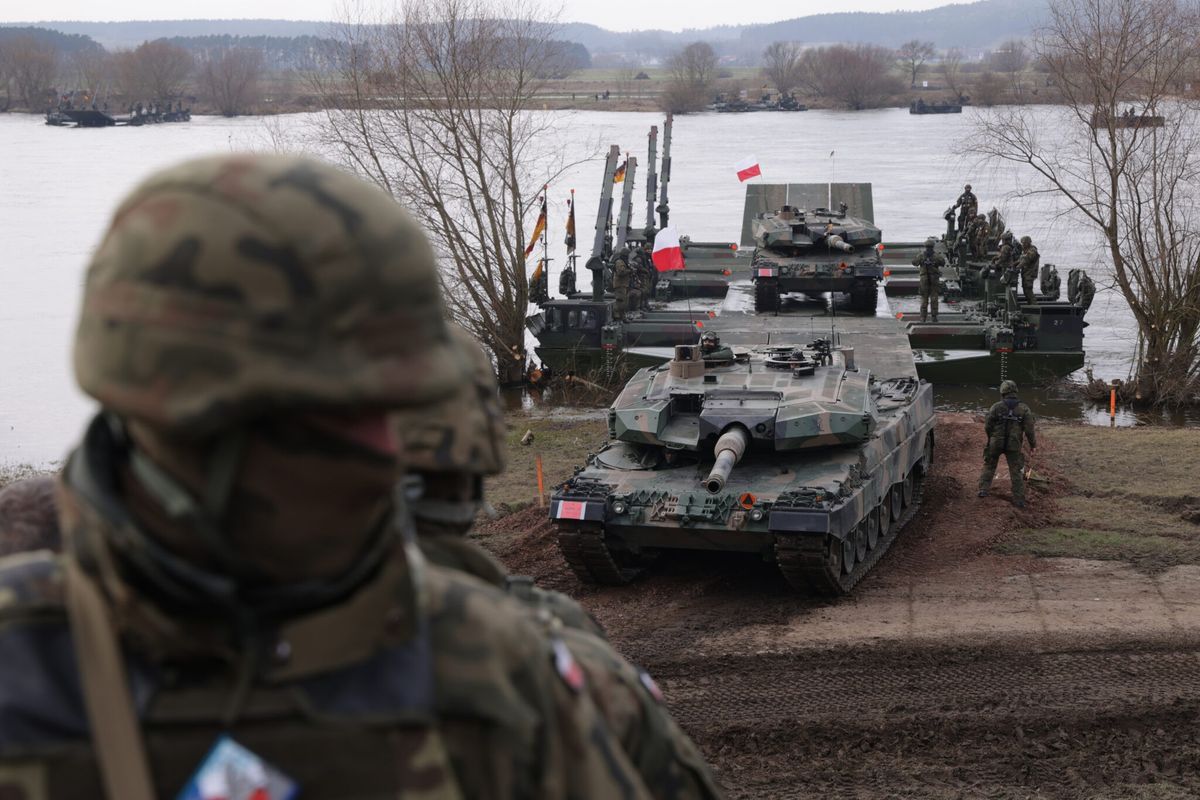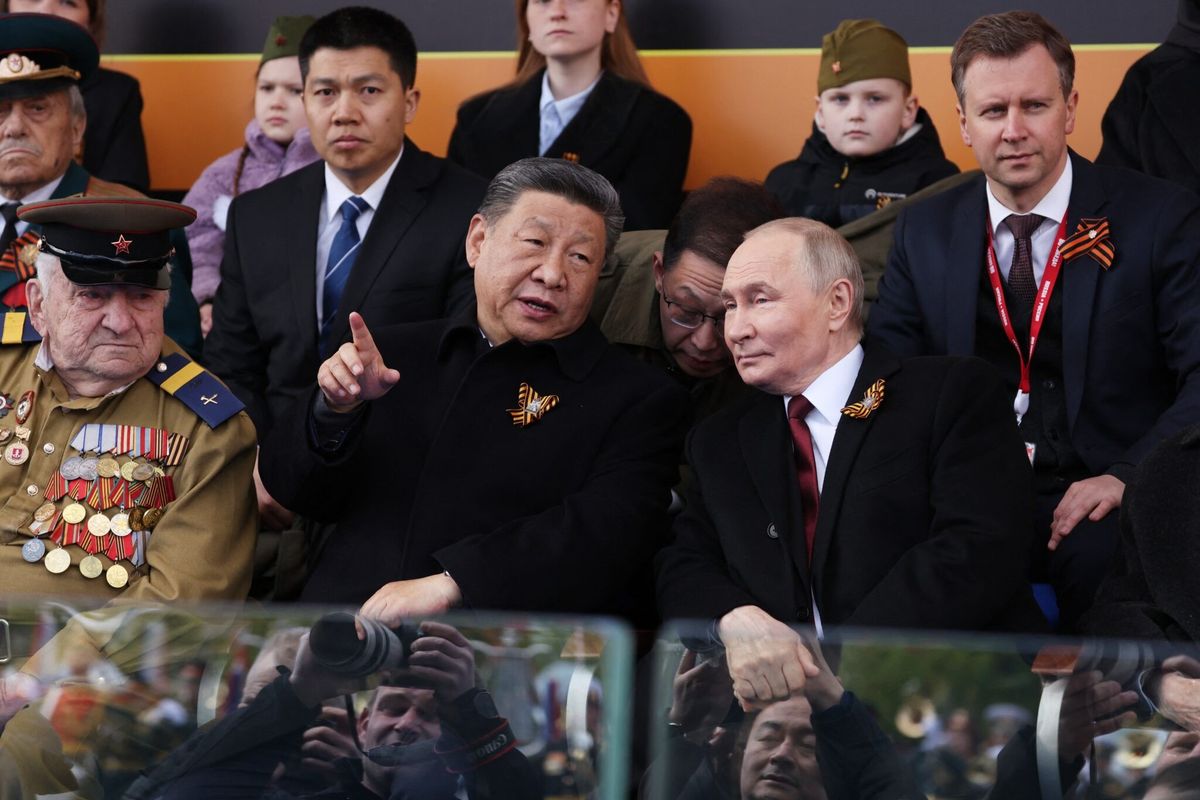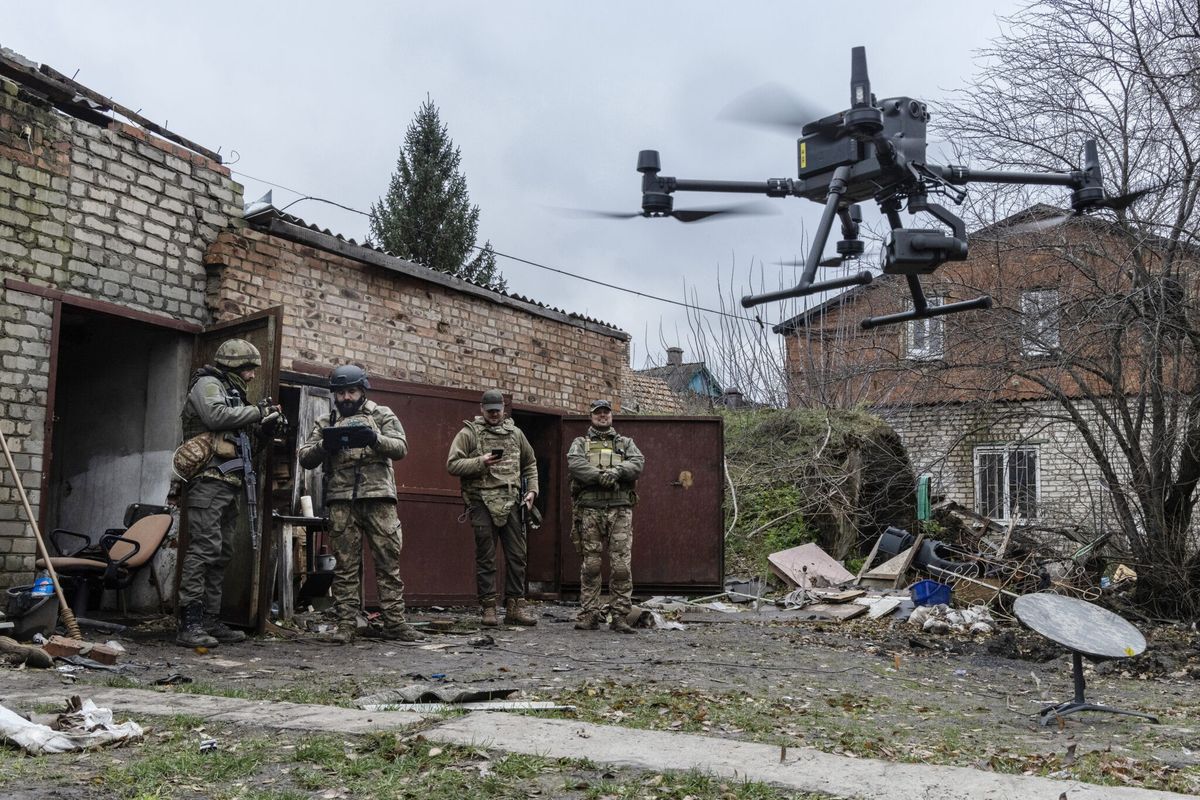EXPERT INTERVIEW – The visit of Kirill Dmitriev to Washington last week marked the first time in more than three years that a envoy from the Kremlin had visited the White House. Vladimir Putin’s emissary wasn’t a diplomat or general or senior official from his government; Dmitriev is a wealthy businessman, the head of Russia’s sovereign wealth fund, the RDIF, and his resume that includes deep ties to the U.S. He holds degrees from Harvard and Stanford, and has worked, among other places, at McKinsey and Goldman Sachs.
Dmitriev held two days of meetings in Washington, including a White House session with President Donald Trump’s senior aide on Russia negotiations, Steve Witkoff. After the meeting, Dmitriev praised the Trump administration for hearing “Russia’s position on many issues” and made clear that his talks had gone beyond discussions about ending the war in Ukraine.
Witkoff has led a U.S. effort to open channels to Moscow for a potential reopening of economic ties with Moscow – links that have been shut down since the U.S. imposed sanctions against Russia for its February 2022 invasion of Ukraine. Dmitriev is himself under sanctions for his leadership of the RDIF, which according to the U.S., “Putin and his inner circle of cronies have long relied on…to raise funds abroad, including in the United States.” The Trump Administration lifted the sanctions against Dmitriev for seven days to allow for his White House visit.
In his comments after the White House meetings, Dmitriev said little about the war, focusing instead on what he called “a great desire by American companies to return to Russia.” He also referenced “the possibility of cooperation on rare earth metals, in the Arctic and in various other sectors.”
Who is Kirill Dmitriev? And why was he Putin’s emissary of choice for this critical visit to Washington? The Cipher Brief turned to longtime Russian journalist Stanislav Kucher, who has met and interviewed Dmitriev, and who now lives in the U.S., where he is editor in chief of Samizdat Online.
“Putin believes that Dmitriev has stronger ties with American elites, because he went to the U.S. on an exchange program, he graduated from Harvard Business School,” Kucher said. “He has a lot of acquaintances here, and he has very close ties to some Trump-affiliated business people.”
Kucher spoke with Cipher Brief Managing Editor Tom Nagorski. Their conversation has been edited for length and clarity. The full interview can be seen on our YouTube channel.
The Cipher Brief: It’s safe to say that Kirill Dmitriev is not – here in the U.S. at least – a household name. What should we know about him? I gather you knew him from interviews in the past?
Kucher: That’s right. I first met him in 2011 at the St. Petersburg International Economic Forum. At the time I was hosting a show on Kommersant FM, a radio station in Moscow, and interviewing many of the business people and politicians who attended the forum. And one day someone brought Kirill Dmitriev over to me.
He struck me as a very reserved and tightly wound individual, someone who answered questions as if he was afraid he might say something he shouldn't. I'd say that was the dominant impression he left on me. He came across as a textbook Putin-era career seeker. A man absolutely determined to climb the ladder by any means necessary. At the same time, Dmitriev was unmistakably what we'd call a straight-A student, always prepared.
But my impression of him was always of a careerist, a loyal member of Putin’s team, someone who would build his entire life and career around proximity to power. If Yevgeny Primakov, another famous Russian politician of the late 1990s, had been in power, Dmitriev would have gravitated towards him. If [the late opposition figure and activist Alexei] Navalny were in power, I suspect he would have tried to align with him too.
The Cipher Brief: Today he is the head of Russia’s the sovereign wealth fund. But how did he and President Putin first connect, as far as you know? How did they come to start their relationship?
Kucher: Dmitriev belongs to this next generation of Russia's politicians. The main figures today – [Nikolai] Patrushev, [FSB head Alexander] Bortnikov, [former Defense Minister] Shoigu – are all over 70. Dmitriev turns 50 this month. You could call them the kids of the Putin elite. He is also closely tied to Vladimir Putin's family [because] his wife, Natalia Popova, is a close friend of Putin's younger daughter, Katerina Tikhonova. And Natalia Popova also appears on the state-owned Russia 24 TV channel. Dmitriev also served for quite a while on the board of directors of [the petrochemicals company] Sibur alongside Kirill Shamalov, Tikhonova’s former husband.
Dmitriev has built a reputation as a skilled negotiator and lobbyist, with I'd say considerable influence over political processes in the Kremlin. He has also been the subject of multiple investigations including accusations of leaking insider information. He's very, very well off. And he owns multiple high-end properties in Moscow.
We should also remember that he was born in Kyiv. He was born in Ukraine. And back in 2011, the time when we met, he was still a citizen of Ukraine. And that's when he and some other people in Putin's entourage persuaded Vladimir Putin to appoint him head of a new business foundation, a so-called foundation of direct investments [the RDIF]. And that's how it happened that he became this close to Putin, not only in terms of family ties, but also in terms of a business relationship.
Experts are gathering at The Cipher Brief’s NatSecEDGE conference June 5-6 in Austin, TX to talk about the future of war. Be a part of the conversation.
The Cipher Brief: It sounds like he really was making a business pitch here in the U.S. He talked a lot about all the money that American businesses could have made in Russia if the West had not sanctioned Russia. He put out a number – $325 billion in the last three years. And he’s said that if they come back, there's billions of dollars more to be made. He doesn't seem to have said much that directly relates to the Ukraine war itself.
Kucher: I believe Dmitriev's current mission was to try to offer Trump, or at least people in his own circle who have influence over him, some lucrative joint ventures that would motivate Trump to advocate for peace terms in Ukraine that favor Putin, and more broadly to support a new world order that’s aligned with Putin's interests. And let's be clear: For Putin, Ukraine is not the main issue. His real goal is a global arrangement in which he is officially granted the right to do whatever he wants in his backyard. And that backyard includes the entire territory of the former USSR, as well as the former Soviet satellite states in Eastern Europe.
Kucher: So I'd say that Dmitriev's ultimate goal is to get Trump to agree to this vision. And the minimum goal is to create the appearance of active cooperation and Putin's willingness to be friendly and share the world with Trump and his elite, just to drag out the negotiation process over Ukraine.
The Cipher Brief: Vladimir Putin could send his foreign minister Sergei Lavrov. He could send his U.S. ambassador. He could send a lot of people to the White House to have these kinds of conversations. But he chose a guy who runs a sovereign wealth fund for Russia. Why did Putin choose him for this mission?
Kucher: Putin believes that Dmitriev has stronger ties with American elites, because he went to the U.S. on an exchange program, he graduated from Harvard Business School. He has a lot of acquaintances here, and he has very close ties to some Trump-affiliated business people.
It was just a couple of days ago that Alexei Navalny's team, [the Anti-Corruption Foundation] which still works on investigations and documentaries, posted a new investigation about Kirill Dmitriev and mentioned that it was him who met with Trump's envoys back in 2016. So Dmitriev was already, on behalf of Putin, trying to build bridges with the Trump administration back in 2016. And there is strong documentary evidence for that.
Everyone needs a good nightcap. Ours happens to come in the form of a M-F newsletter that provides the best way to unwind while staying up to speed on national security. Sign up today.
The Cipher Brief: What else should we know about this man?
Kucher: I think that every American should understand that Putin does not want to end war in Ukraine – or that the only terms under which he's ready to end this war is that Trump not only promises him personally, but declares and announces in public that Russia, just like the Soviet Union back in the day, has rights not only to Ukraine, but to all the post-Soviet territories, all the republics of the former Soviet Union. That's the only condition on which Putin is ready to end the war in Ukraine. If not that, he's interested in continuing the war as long as possible, because he believes he can still win. He believes he can still take the whole of Ukraine.
And so again, he's interested in dragging out the peace negotiations. So that's what Kirill Dmitriev was there for. And all this talk about Putin wanting peace, that he is ready to sign any peace agreement tomorrow is – well, we're not using profanity here. So I'm not going to say the word.
Read more expert-driven national security insights, perspective and analysis in The Cipher Brief













